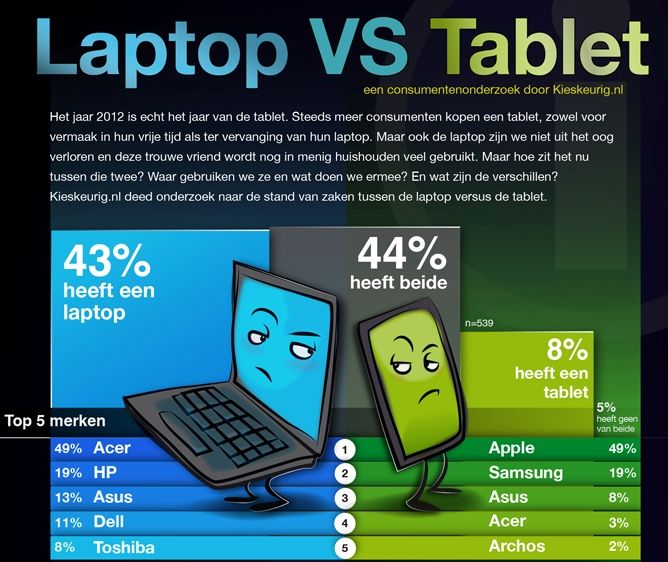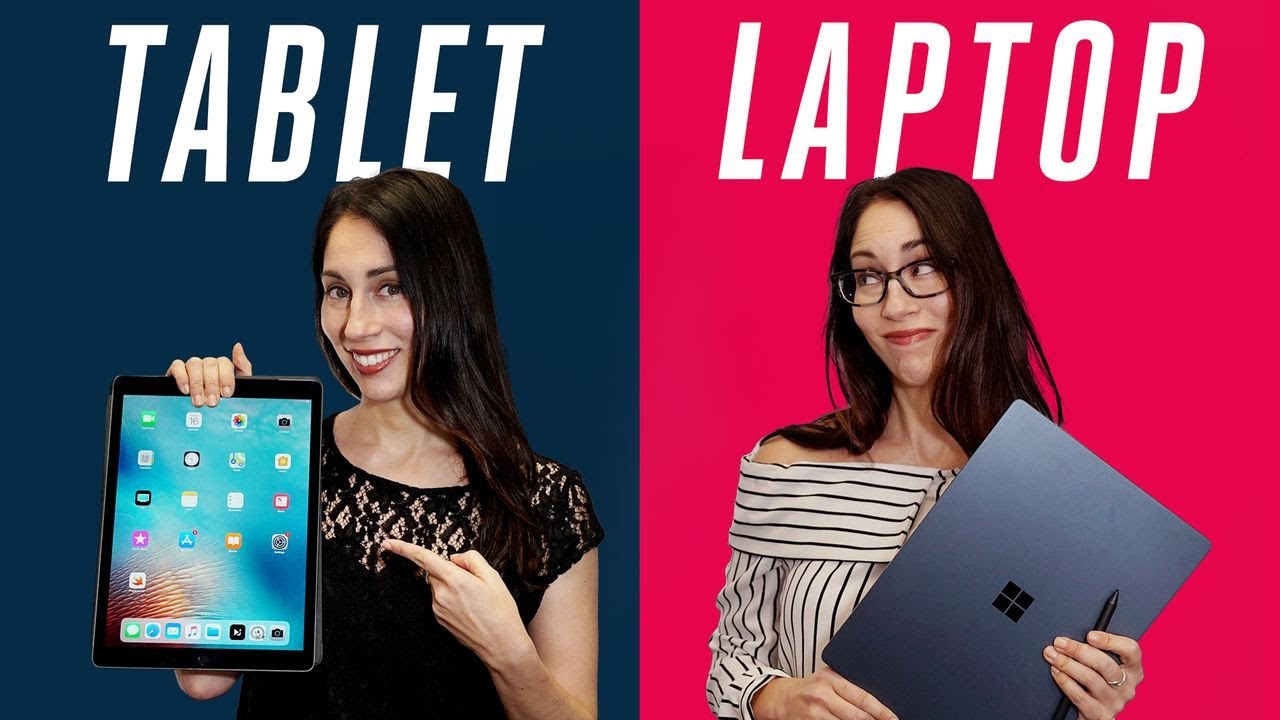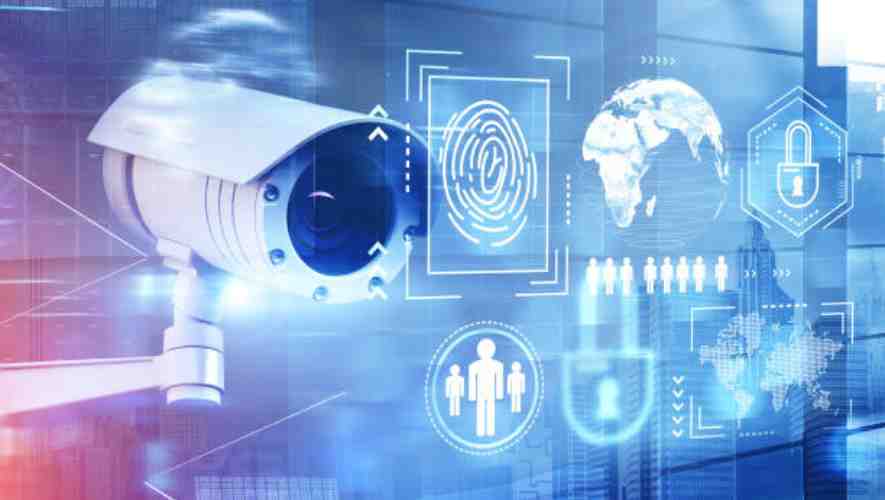Navigating the Tech World: Unravelling the Difference Between Laptops And Tablets
Introduction
With the rapid advancement of technology, new gadgets are continuously hitting the market, and picking the right device can be a challenge. Two prominent contenders on the list of must-haves for most tech-savvy individuals are laptops and tablets. Both these devices pack plenty of digital firepower but they are aimed at different user types. This article aims to explore and unravel the subtle and significant distinctions between laptops and tablets.
What Defines the Laptop and Tablet?
The Laptop Defined
Comprehending the basic structure and functionality of these popular gadgets is the first stepping stone towards choosing the one that suits you better.
Laptops are versatile, compact computers with a foldable design. They encompass both input (keyboard and trackpad) and output (screen) components. Here’s a closer look at the core characteristics of a laptop:
- Portability: Laptops are designed for easy transportation, offering you the convenience of working or studying from anywhere.
- Operating System: They operate on comprehensive computer-based platforms like Windows, macOS, or Linux.
- Functionality: Equipped with robust hardware, laptops handle substantial computing tasks. Be it office work, online learning, or gaming, laptops stand competent.
The Tablet Defined
Tablets are handheld gadgets featuring a touch-sensitive screen, primarily used for light entertainment and browsing. They are sleeker and smaller than laptops, usually not weighing more than half a kilogram. Here are some defining aspects of a tablet:
- Compactness and weight: Tablets score high on portability, thanks to their lightweight design.
- Operating System: Generally, tablets run on mobile operating systems such as Android or iOS.
- Usage: Tablets are exceptional for multimedia consumption, videocalling, reading e-books or playing casual games, given their user-friendly interfaces and high-quality displays.
What Key Features Distinguish Laptops and Tablets?
Unique Elements of Laptops
Laptops intrigue users with their array of undeniably compelling features. These include:
- Robust Hardware: Laptops always remain one step ahead due to their strong, robust hardware. They are armed with powerful processors, vast amounts of RAM, and substantial storage options, making them advantageous for substantial computing tasks.
- Expandable Storage: Laptops offer versatile storage capacities and possibilities, allowing you to add extra hard drives or SSDs for increased space. This is not a feature typically found in tablets.
- Plenty of Ports: Laptops have multiple USB ports, HDMI ports, and sometimes even SD card slots. These are crucial for connecting external devices and peripherals, such as printers, external HDDs, or secondary displays, enhancing usability and versatility.
- Integrated Keyboard and Trackpad: These built-in elements offer comfort and speed of typing and navigation, making laptops a favorite for extended typing and professional work.
The Appeal of Tablets
Tablets also provide a set of unique features that put them in a class of their own:
- Portability: Tablets score brownie points in the ease of transportation. They are thin, light-weight and can fit in purses and small bags, offering vastly superior portability compared to laptops.
- Touchscreen Interface: One of the defining features of tablets is their touchscreen interface. It offers interactive user experiences, especially when combined with a stylus for precision tasks.
- Device Synchronization: Tablets, particularly ones from Apple or Samsung, offer seamless synchronization with phones and smartwatches of the same ecosystem. This enhances the device's appeal in terms of reliability and convenience.
- Battery Life: Tablets typically offer longer battery life than laptops, making them ideal for travel, entertainment, and long periods of use without charging.
The contrasting features of laptops and tablets highlight their different target audiences and usage scenarios, further emphasizing the necessity of discerning the two before making a purchase decision.
What Diverse Functions Do Laptops and Tablets Serve?
Despite having some overlapping features, laptops and tablets are generally designed to excel in distinct ambits due to their particular attributes.
Where Does the Laptop Hold its Ground?
Laptops are technical marvels engineered for delivering heavy-duty performance in various scenarios. These include:
- Business Environment: In corporate settings, the multitasking ability and powerful processors of laptops prove most beneficial. From data analysis to graphic design, laptops can handle demanding tasks smoothly.

- Academia: Laptops are also favored in educational settings. For students and teachers involved in research, projects, and presentations, the robust capabilities of laptops are hard to surpass.
- Creative Sphere: In the world of digital content creation, such as video editing, animation, and game development, laptops are often the top pick due to their high computing power, storage capacity, and compatibility with specialized software.
In What Contexts do Tablets Stand Out?
In contrast, tablets come to the fore when the focus is on accessibility, ease of use, and entertainment. These include:

- Travel: Tablets, with their lightweight design and long battery life, are particularly useful during travel. From watching movies to playing games, tablets can keep you engaged on long journeys.
- Leisure Reading: If you're an avid reader, the compact form of a tablet is more comfortable to hold than a laptop, making it an excellent choice for eBooks and digital newspapers.
- Kids Entertainment: For parents seeking a device to keep their children entertained, tablets win the race. Their intuitive touch interface and availability of numerous child-friendly apps make them a smart choice.
Therefore, the choice between laptops and tablets circles back to the crucial question of what an individual’s primary needs from a technological device are. Both have their own set of advantages apt for specific situations.
What Are the Main Differences in Performance and Flexibility?
Performance & Capacity: A Comparative Study of Laptops and Tablets
It's imperative to delve into the performance capabilities and storage capacity of laptops and tablets to highlight their key differences:
- Processing Power – Laptops usually come equipped with high-end processors, significantly robust RAM and dedicated graphic cards enabling them to handle resource-intensive tasks with finesse.
- Storage - With the flexibility of expanded storage space, laptops score high on capacity. SSD and larger hard drive options on laptops provide you with substantial storage to house all your files, applications, and multimedia.
- Tablet Capabilities - Tablets function on less vigorous chipsets, majorly due to their slim profile and the need for prolonged battery life. As a result, their performance is slightly inferior to laptops, especially regarding power-consuming tasks.
The performance verdict? For demanding tasks that require high processing power and storage, laptops are your best bet. For regular tasks, tablets are an attractive, lightweight choice.
Flexibility & Adaptability: Laptops vs. Tablets
In terms of flexibility and adaptability, laptops and tablets cater to different requirements:
- Adaptability of Laptops – Laptops offer wide-ranging software compatibility and have the ability to connect to an array of peripheral devices via multiple ports, enhancing their flexibility. They can easily adapt to professional, academic, or personal use providing a multifaceted user experience.
- Tablet Flexibility – Though tablets provide lower flexibility due to reliance on app stores for software and minimal ports, they boast high adaptability with easy Bluetooth pairing and cellular connectivity options.
Tablets do lose some points for the lack of diverse software and limited ports. But their high adaptability and seamless integration with wireless devices and networks make them a flexible gadget for on-the-go convenience.
Conclusion: The delineation in performance and flexibility between laptops and tablets rests on their hardware capabilities, software compatibility, and your intended usage. The device that will serve you best depends on your personal needs and lifestyle. Understanding these key differences can guide you towards making an informed choice.
Conclusion
Choosing between a laptop and tablet largely depends on your primary usage and personal preferences. While laptops excel in delivering high-performance computing, tablets prioritize portability and convenience. By understanding the distinct capabilities and limitations of each device, you are better equipped to make an informed decision that aligns with your specific needs.
Related FAQs about what is difference between laptop and tablet
Should I opt for a laptop or tablet for my everyday computing tasks?
This largely depends on your specific needs. For high-performance computing tasks like programming, video editing, or running heavy-duty software, a laptop would be more suitable. But if you're looking for portability and convenience for browsing, reading e-books, streaming videos, a tablet might be the right choice.
Can a tablet replace a laptop in terms of performance and flexibility?
A tablet cannot wholly replace a laptop, especially for power-intensive tasks that require robust hardware. However, in terms of portability, ease-of-use, and energy efficiency, a tablet can be more flexible and convenient, particularly for entertainment and light productivity tasks.
What are the significant cost differences between a laptop and a tablet?
Cost can vary greatly based on specifications, brand, and performance abilities. Laptops, especially high-performance ones, tend to cost more than tablets. Tablets can be quite affordable but can also get pricey if opting for advanced models like the iPad Pro or Samsung Galaxy Tab S7.


